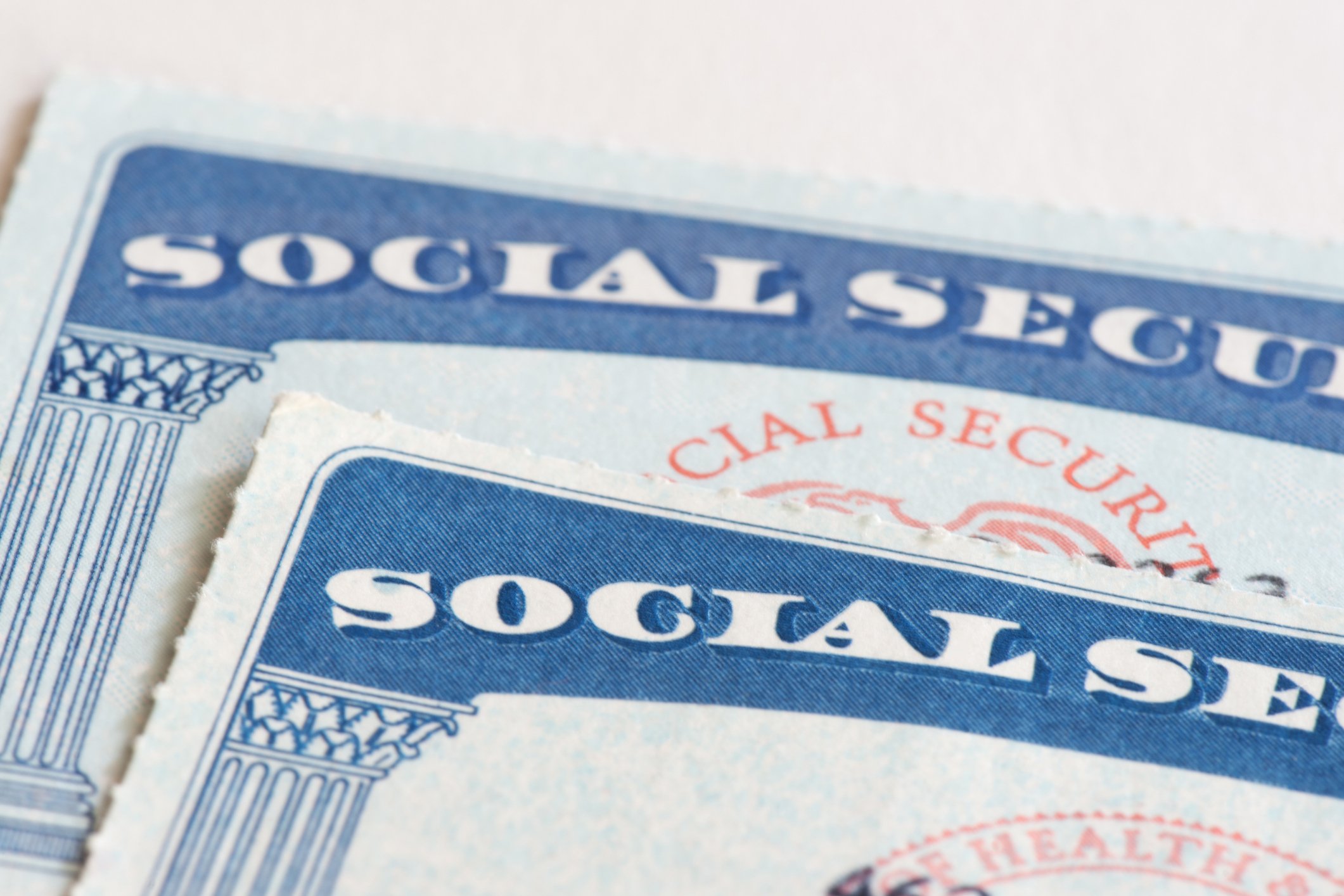Medicare eligibility begins at age 65, and your initial window to sign up spans seven months, starting three months before the month of your 65th birthday and ending three months after that month. It pays to enroll in Medicare on time if you're no longer covered by a group health plan through a job (either yours or your spouse's), because paying for private insurance out of pocket could be astronomical. And while Medicare Part B, which covers outpatient services, does charge a premium, Part A, which covers hospital care, is generally premium free.
Enrolling in Medicare past your initial enrollment period could also result in lifelong penalties on your Part B premiums. But just because you're enrolling in Medicare doesn't mean you need to sign up for Social Security right away. And if you enroll in Medicare on time and start collecting Social Security at that point as well, you'll reduce a critical income stream for life.

IMAGE SOURCE: GETTY IMAGES.
Don't rush into Social Security
Many people assume that to enroll in Medicare, they must also sign up to start taking Social Security benefits. But that's not at all true. When you go to enroll in Medicare, you'll be given the option to sign up for health benefits only. In fact, you can even elect to receive coverage under Part A but not Part B (an option that makes sense if you have health coverage through a job but want Part A, for free, as your secondary insurance).
If you sign up for Social Security in conjunction with Medicare at age 65, you'll automatically reduce your benefits for life in the process. You're not entitled to your full monthly Social Security benefit based on your earnings record until you reach full retirement age. The earliest that age can be is 66, and for anyone born in 1960 or later, it's 67.
Let's assume that based on your earnings history, you're entitled to a monthly benefit of $1,500 at a full retirement age of 67. If you start taking benefits at 65 because that's when you sign up for Medicare, you'll lower each monthly payment you get to $1,300. That's $200 less each month for the rest of your life. Talk about a harsh blow to your retirement income.
Of course, if you're no longer working come age 65 and you need money to pay your bills, then signing up for Social Security along with Medicare makes sense. But if you still have a job or have left the workforce but have healthy savings you can tap for a couple of years, then it pays to leave your Social Security benefits alone to avoid a reduction. In fact, you can even hold off on claiming them past full retirement and snag an 8% boost for each year you delay, up until you turn 70. That's a particularly wise option if your health is great and you expect to live a long life or if your health is average but your savings are low.
No matter when you choose to claim Social Security, don't make the mistake of enrolling in conjunction with Medicare just because you think you have to. That's not the case, and if you file too soon, you could wind up cash strapped for life as a result of nothing more than misinformation.





